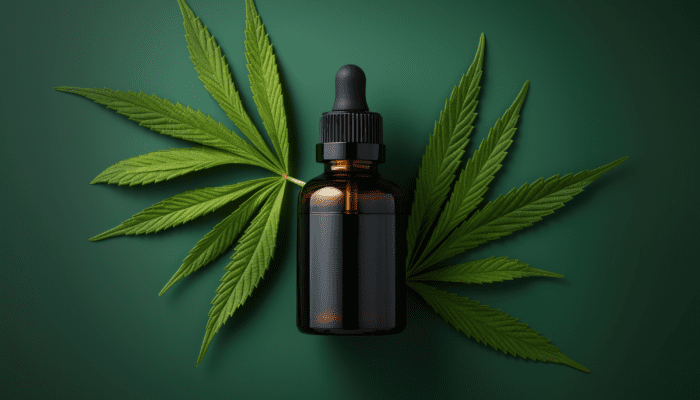Hemp/CBD Industry
Cannabidiol (CBD) has been used as a tool to aid human health since 2600 BC (1). With the current growing popularity of CBD, do the health benefits transfer to our pet friends?
While popularity rises, so does the rate of accidental ingestion resulting in veterinary and poison center assistance (4). What does this mean? Let’s find out.

Cannabidiol and Pet Health
Cannabidiol, a substance that you have probably heard a lot about over the past few years, needs little introduction when it comes to human health. But pet health? That is a completely different story.
While the majority of data looking at the impacts of CBD is centered around humans, there is a growing field of scientific research looking at how CBD affects our pets.
What Does the Research Show?
Recent research is investigating how CBD is absorbed and how it impacts the physiology of dogs, cats, and other pets. Currently, it is known that, in dogs, CBD is absorbed into the bloodstream. This is mainly through CBD-infused oils that are given to the dogs orally (5).
There is further mounting research looking at the physiological impacts of CBD in a variety of animals, both indirectly and directly. This includes animals that are typically used as animal models for human research (6).
Now, I know that many pet owners will be questioning that if CBD can be absorbed, what does this do to the animal themselves? However, what is currently evident is that there are a number of significant benefits of CBD concerning your pet (7).
The Benefits of CBD for Pets
For dogs with osteoarthritis, dosages of 2 mg/kg of CBD oil twice daily was enough to alleviate pain, increase activity levels, and enhance comfort in the home environment. Owners and veterinarians who have given their dogs CBD have positively described its impact on their pets’ lives (12). This is further supported by an additional investigation examining owners’ perceptions of giving their pets CBD based treats and products. Nearly all the owners who participated in the study stated that they felt CBD-based products were moderate to very helpful for their pets (13).
CBD has significant benefits for humans with epilepsy, including a reduction in seizure activity. This is also true for our fur-friends. Several studies have demonstrated that CBD can reduce seizure activity in up to 89% of dogs with epilepsy (14). This has also been confirmed in some populations of cats (15).
However, the benefits of CBD are not just for our cats and dogs. CBD has been used to treat arthritis and anxiety in horses for several years. There’s currently a study underway assessing the efficacy of using CBD to reduce inflammation, stress, and other negative behaviors in horses.
Despite all these benefits, like anything else, there are two sides to every story.
Disadvantages of CBD for Pets
One of the primary drawbacks to giving CBD to our pets is actually ourselves. Increased accessibility to these products has resulted in a drastic increase in pets accidentally consuming too much CBD (16).
In fact, over 66% of cases reported to veterinarians or poison centers are related to accidental consumption of CBD edibles. Unfortunately for our canine friends, they have a larger number of cannabinoid receptors in the brain, making them highly susceptible to the psychoactive effects in these products (17).
Second, the absorption of CBD into the body when given to our furry friends leaves us with more questions than answers. The oral bioavailability in dogs is incredibly low at 0-19% of the dose. This is likely related to the fact that the product must first go through the liver (18). As CBD is lipophilic, meaning it combines better with fats, the way it is transported into the body is significant. It is likely that, if the CBD is in a delivery system that is oil-based, preferably with food, the absorption rate into our pet’s body would be greater and more consistent (19).
The Bottom Line
The growing popularity of CBD has led many pet owners wondering whether their pet could also benefit from its effects. While research has given many fur-parents some comfort regarding the positive effects of CBD, there are still some drawbacks. While the bioavailability leaves many scratching their heads, the biggest issue is ourselves. Despite this, hopefully, in time and with more research, our pets will be able to enjoy CBD as much as we do.




